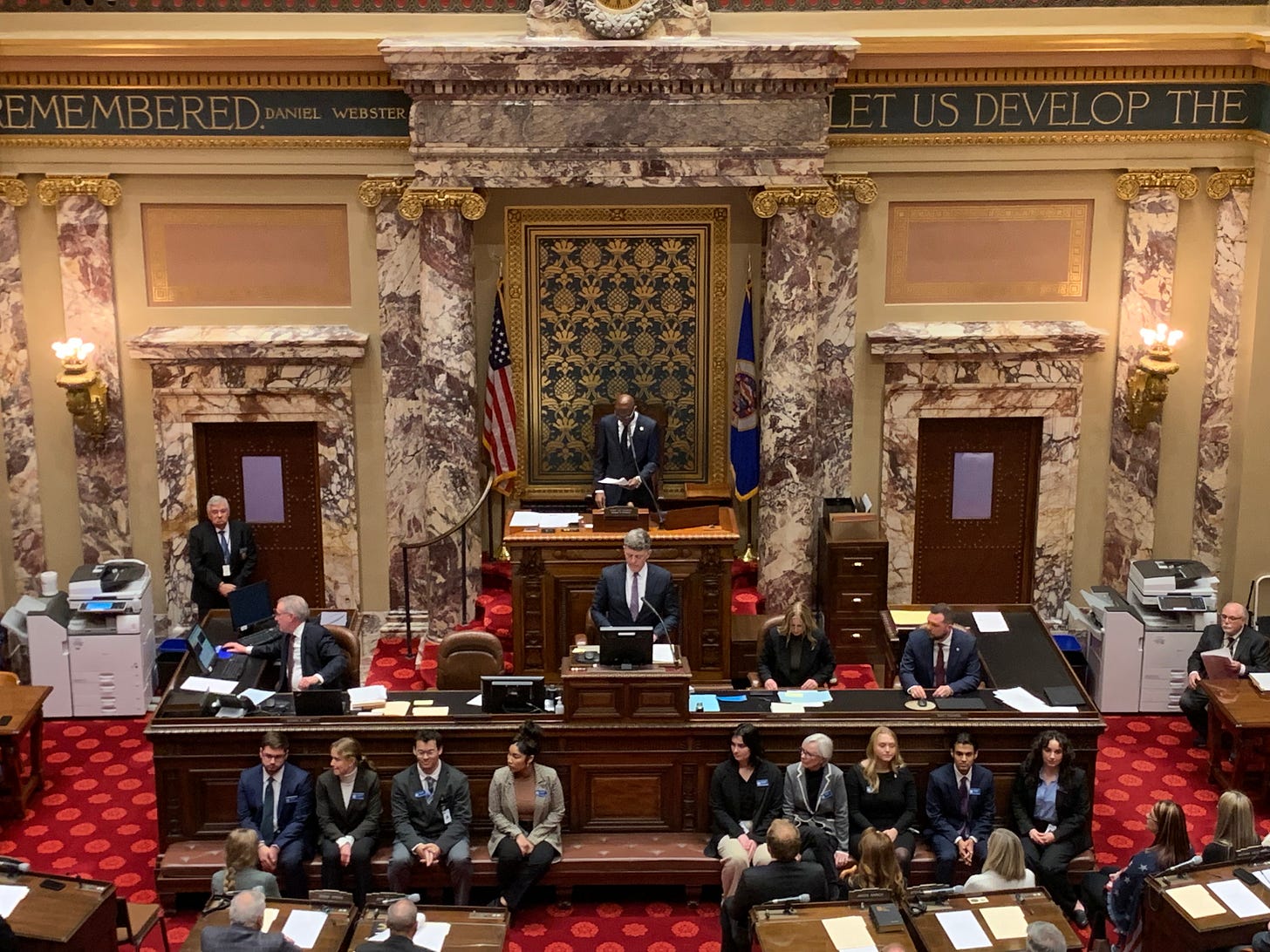I can spot anger in myself and in others. But sometimes, my own anger overtakes me so quickly that I’m left in the aftermath: lost friendships, strained professional relationships, sports game ejections, or a slammed door. Can you relate?
I’m angry right now.
I’m angry about what happened in Minnesota — the violence, the conflict, the use of guns, and the devastating loss of a public servant who was deeply connected to my husband’s workplace at the State Capitol. The assassination of Melissa Hortman has shaken us.
A line was crossed.
Maybe the alleged shooter was angry. But this was a horrific and unacceptable way to make a point. We can disagree — passionately, even furiously — about politics and policy. But we cannot use violence to express those differences. Guns are not a tool for debate. And yet, here we are.
And then to witness political figures using this tragedy online to stoke division rather than foster unity — it deepens the hurt. It makes me angrier.
My 93-year-old father — a proud member of the “Greatest Generation” — still writes letters. To newspapers, to friends, to his children, to anyone who will listen. When I told him what had happened, he said, “I want to write a letter.” He remembers a time when political disagreement moved past bloodshed. He remembers civility. I encouraged him to write it. His voice matters. All of ours do.
But he hesitated: “No one will read it.”
I told him — people will read it if the tone enlightens, not blames.
We must remember that we used to disagree without dehumanizing one another.
Four days later, I’m still holding onto grief and fury. And fear — fear for those who serve in public roles. Fear for the future of our democratic discourse.
So how do we use anger more effectively?
Anger, when channeled, can be a focusing tool:
Use it to open dialogue, not close it.
Use it to drive understanding, not deepen division.
Use it to a point — and then pause, breathe, and listen.
We cannot go back to how things were before this tragedy. But we can move forward with more clarity. Once, Democrats and Republicans worked together. They shared office spaces, celebrated holidays, and respected each other across party lines. They did not resort to violence to resolve differences.
Please, let’s not reduce this tragedy to one person’s mental health. That would be a disservice to the complexity and the danger of the rhetoric and hostility we’ve allowed to take root in our culture.
Our democracy depends on how we respond to this moment.
For me, that means getting very clear on how I use my energy — and yes, my anger — to stand for what matters.
This is close to home. Literally. Emotionally. Spiritually.
Thinking of you as we all process this painful, pivotal time.
Cathy Paper
p.s. If you want to take out your anger on the padel, pickleball or squash court for free, please join me at The Heights for an Open House on Tuesday June 24 6-9 pm. Please message me to sign up as my guest or sign up here.





Love this so much!